BlackBerry CEO out as Fairfax buyout bid fails
Ailing smartphone maker ditches plans to find a buyer, and is now seeking to raise $1 billion in new funding.

BlackBerry CEO Thorsten Heins is heading for the exit doors now an attempt to acquire the firm by its largest shareholder Fairfax Financial Holdings has failed.
The firm has apparently reneged on its decision to seek a buyer, and will instead set about raising $1 billion in new funding from institutional investors.
The change of strategy means Heins will leave the company, and will be replaced by former Sybase CEO John S Chen in the interim, after Fairfax's bid to acquire the firm floundered.
Fairfax set out plans to acquire BlackBerry in September for $4.7 billion, but doubts have been cast in recent days over whether the proposed deal would succeed.
In a report on Reuters late last Friday, it was claimed Fairfax was struggling to finance the deal, because of fears BlackBerry was beyond saving.
The article claimed several large banks had turned down requests to participate in the deal for this reason.
Fairfax had until today to raise the funding and complete its analysis of BlackBerry's finances, but will now contribute $250 million towards helping the firm reach its $1 billion fundraising target.
Get the ITPro daily newsletter
Sign up today and you will receive a free copy of our Future Focus 2025 report - the leading guidance on AI, cybersecurity and other IT challenges as per 700+ senior executives
Barbara Stymiest, chair of BlackBerry's board, said the change in strategy was in the best interests of BlackBerry and its shareholders.
"Today's announcement represents a significant vote of confidence in BlackBerry and its future by this group of pre-eminent, long-term investors," said Stymiest.
Jan Dawson, chief telecoms analyst at market watcher Ovum, said Shen's appointment suggests the company's board sees a future for BlackBerry in software and services, rather than devices.
"BlackBerry's new investors seem to see its future in software, which means using BlackBerry servers as the core of a broader enterprise device management platform, but this generates very little revenue for the company today. Though it's achieved some traction with enterprises upgrading their BlackBerry servers, it has failed to sell many BlackBerry 10 devices, and this looks unlikely to change.
"This ultimately harms the unique selling point of BlackBerry server products leaving the door open to replacement by rivals that are better able to support the more popular Apple and Android devices," Dawson added.
Today's news is the latest twist in a turbulent year for BlackBerry, which has seen it forced to cut jobs and swallow inventory charges of more than $930 million after failing to shift enough Z10 smartphones.
On a more positive note, the company recently confirmed that 20 million people have downloaded its BBM messenger software for Android and iOS devices.
-
 Cleo attack victim list grows as Hertz confirms customer data stolen
Cleo attack victim list grows as Hertz confirms customer data stolenNews Hertz has confirmed it suffered a data breach as a result of the Cleo zero-day vulnerability in late 2024, with the car rental giant warning that customer data was stolen.
By Ross Kelly
-
 Lateral moves in tech: Why leaders should support employee mobility
Lateral moves in tech: Why leaders should support employee mobilityIn-depth Encouraging staff to switch roles can have long-term benefits for skills in the tech sector
By Keri Allan
-
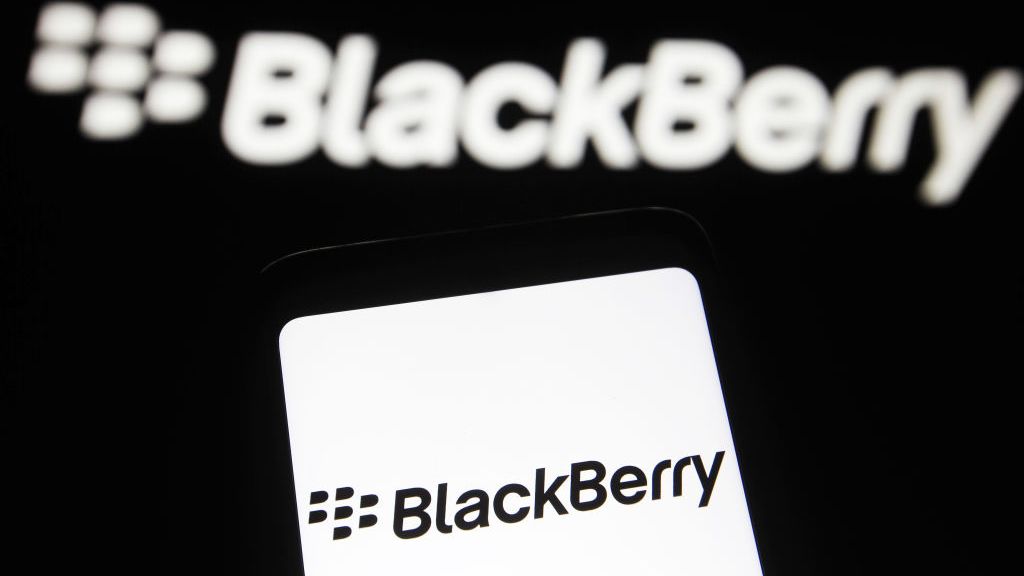 Blackberry revenue falls by 4% as cyber security division takes hit
Blackberry revenue falls by 4% as cyber security division takes hitNews Despite this, the company’s Internet of Things (IoT) division increased its revenue by 28% as it attracted new customers from the automotive sector
By Zach Marzouk
-
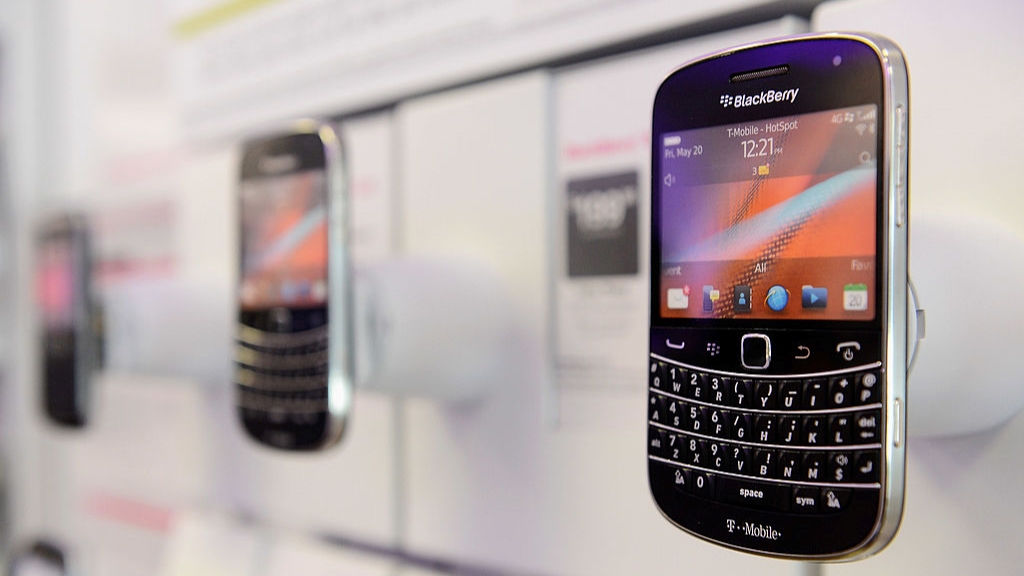 BlackBerry revival is officially dead as OnwardMobility shuts down
BlackBerry revival is officially dead as OnwardMobility shuts downNews The Texas-based startup is mysteriously shutting down and taking its ultra-secure 5G BlackBerry with it
By Bobby Hellard
-
 BlackBerry and AWS are developing a standardized vehicle data platform
BlackBerry and AWS are developing a standardized vehicle data platformNews Platform will give automakers a standardized way to process data from vehicle sensors in the cloud
By Rene Millman
-
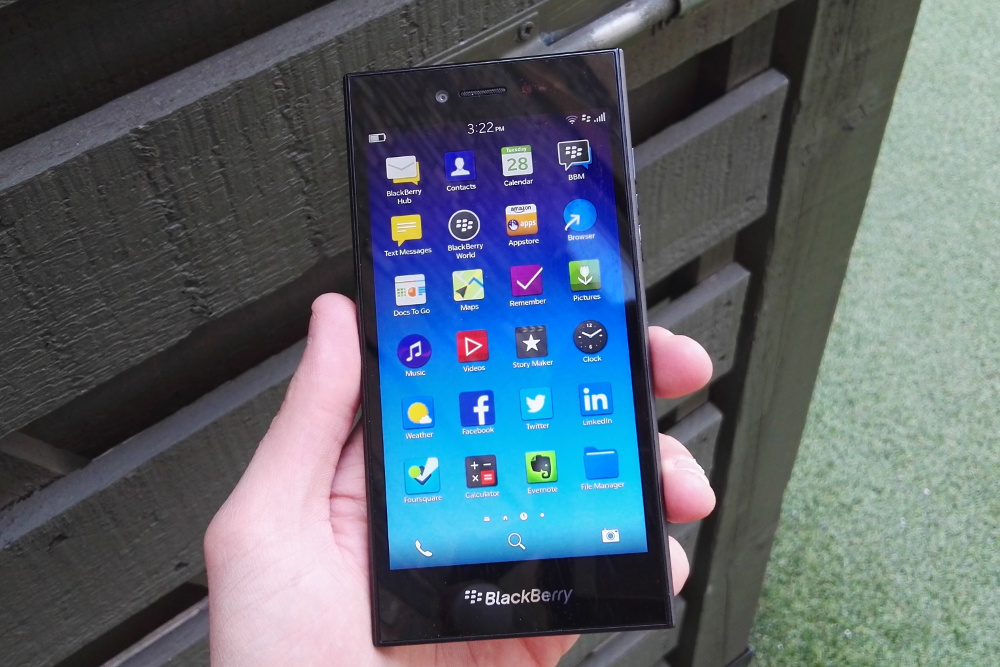 BlackBerry thwarts mobile phishing attacks with new AI tools
BlackBerry thwarts mobile phishing attacks with new AI toolsNews The company's Protect Mobile platform alerts users to potential malware before a link is clicked
By Tyler Omoth
-
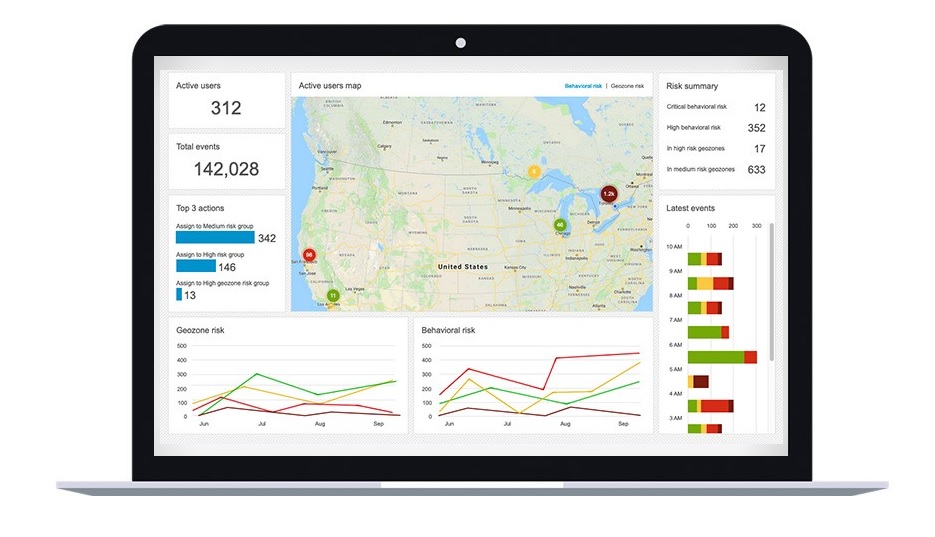 BlackBerry Persona Desktop delivers zero-trust security at the endpoint
BlackBerry Persona Desktop delivers zero-trust security at the endpointNews New security solution learns user behavior and can take action if there’s an abnormality
By Justin Cupler
-
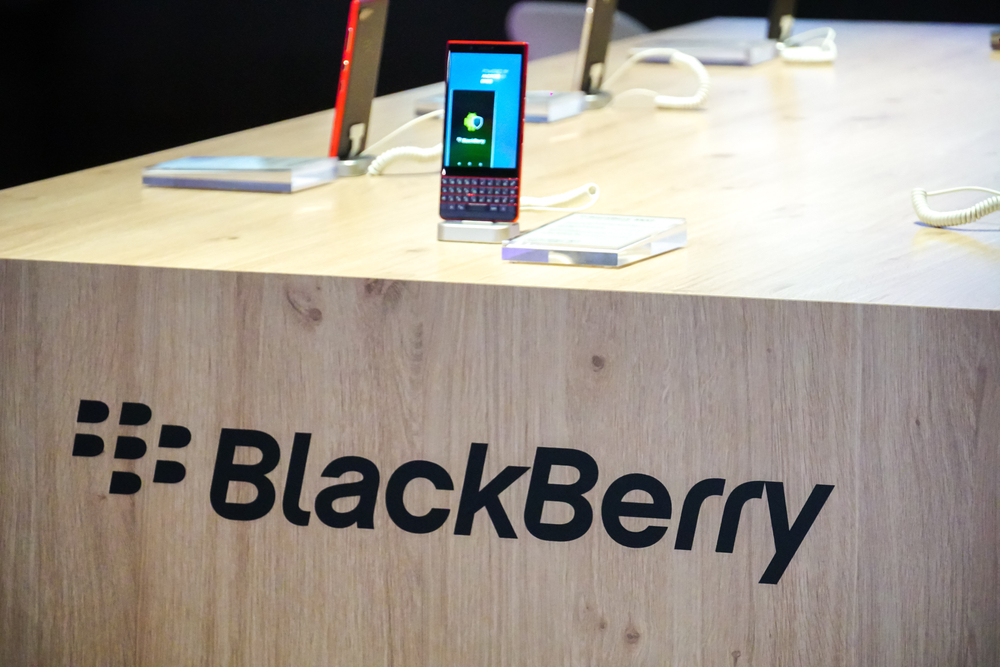 A 5G BlackBerry phone with physical keyboard is coming in 2021
A 5G BlackBerry phone with physical keyboard is coming in 2021News The business phone to be resurrected with OnwardMobility and FIH Mobile planning a security-savvy enterprise handset
By Bobby Hellard
-
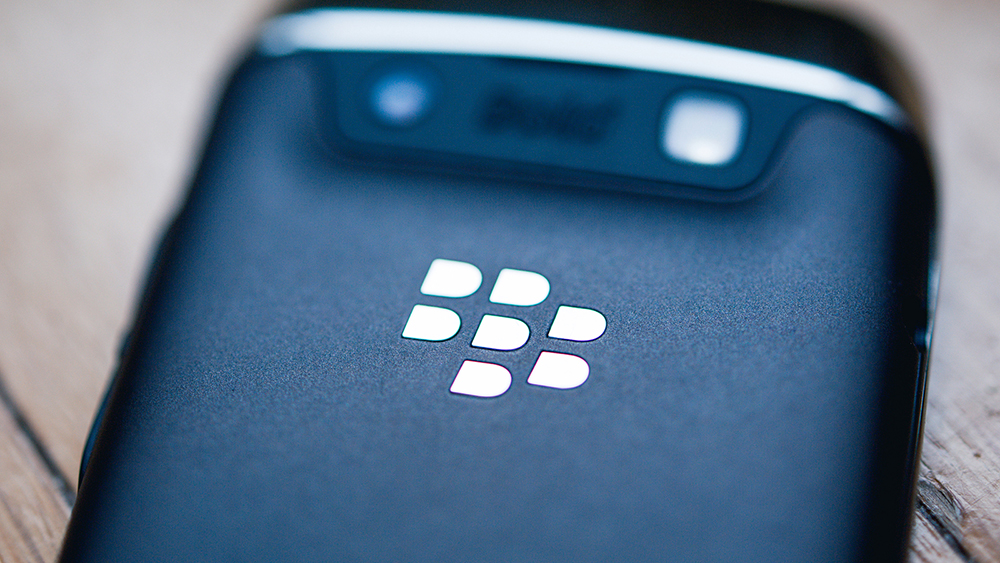 The business smartphone is dead
The business smartphone is deadIn-depth BlackBerry’s demise signals the end of the business-first handset
By Carly Page
-
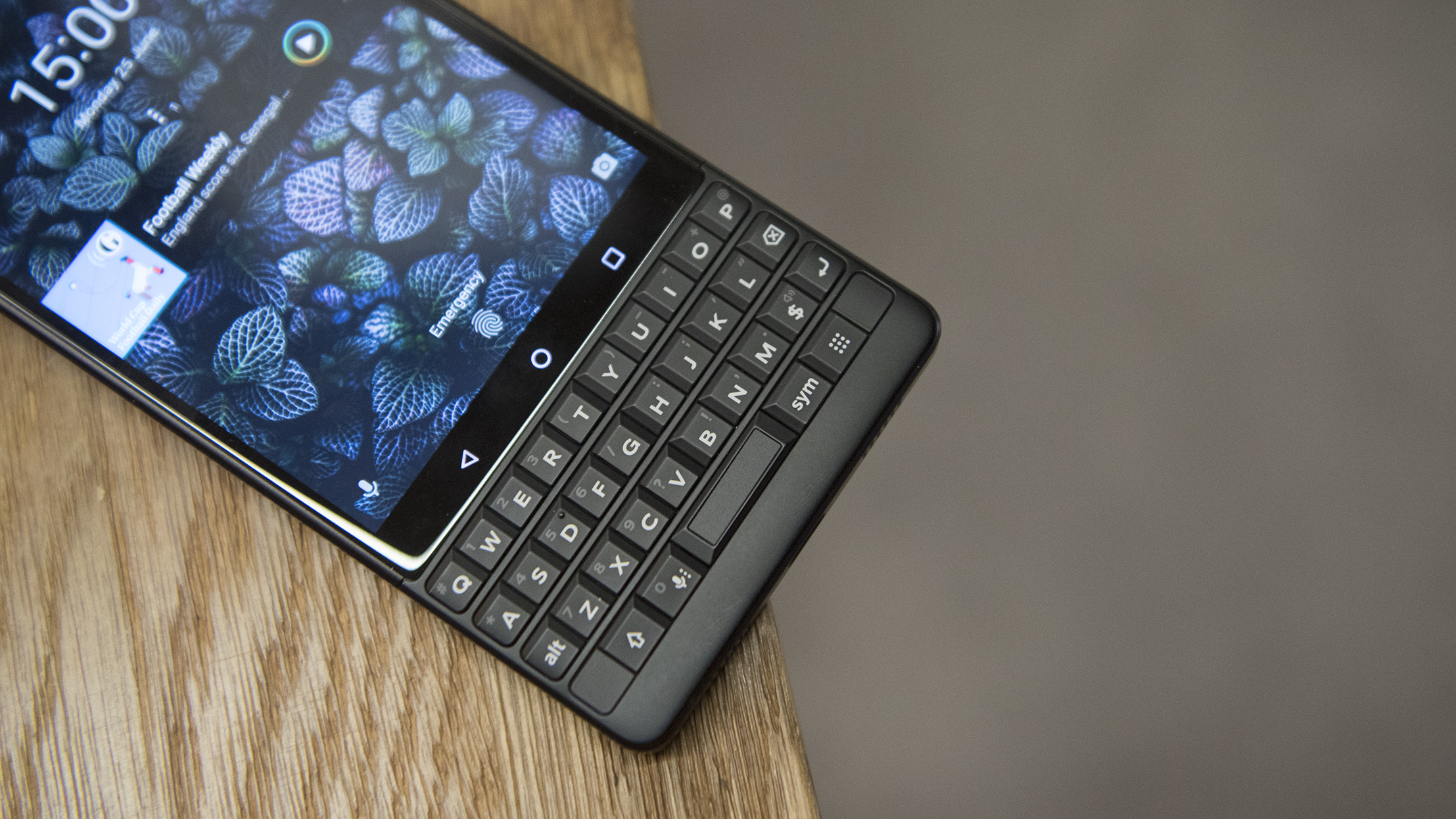 BlackBerry Key2 review: The best physical keyboard no one asked for
BlackBerry Key2 review: The best physical keyboard no one asked forReviews Despite the improvements, the flaws of BlackBerry’s Key range are still front and centre
By Bobby Hellard